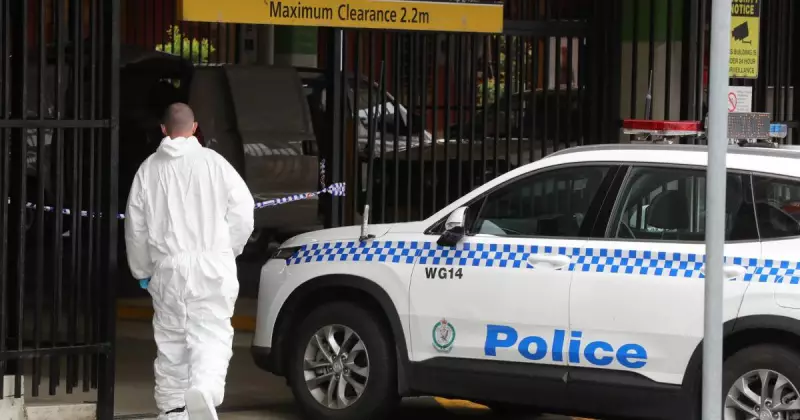
A Supreme Court judge has determined that a man who killed a homeless man in a Wollongong car park cannot be held criminally responsible for his actions due to mental health impairment.
Verdict delivered in Supreme Court
Justice Deborah Sweeney delivered a special verdict of 'act proven but not criminally responsible' in the case of Aaron Michael Lord, who was charged with the murder of 68-year-old Raymond McCormack.
The 38-year-old defendant had pleaded not guilty to the crime in August 2025 and faced a special hearing in the Supreme Court of NSW this month.
Despite the verdict, Lord will remain in custody until further orders are made. Justice Sweeney has also referred his case to the Mental Health Review Tribunal for assessment and management.
Tragic discovery in railway car park
The case stems from the tragic discovery of Mr McCormack's body in the stairwell of Wollongong railway station's multistorey car park on the morning of May 12, 2024.
Police charged Lord with murder the following day, launching a legal process that has now concluded with this landmark mental health determination.
Mr McCormack was well-known to many residents in the Wollongong CBD area, having long used the very stairwell where he lost his life as a shelter.
Community remembers 'gentle soul'
In the days following his death, the local community gathered to honour Mr McCormack's memory with a vigil held outside the station car park.
Friends and acquaintances shared their memories of the man described by Josh Hammann, a senior leader at the nearby Lighthouse church, as 'a neighbour, a kind soul, a gentle man'.
The case highlights the complex intersection of mental health issues and the criminal justice system in Australia, particularly in matters involving vulnerable members of the community.
Under NSW mental health legislation, the 'act proven but not criminally responsible' verdict acknowledges that while the physical act occurred, the perpetrator lacked the mental capacity to be held legally accountable for their actions.





